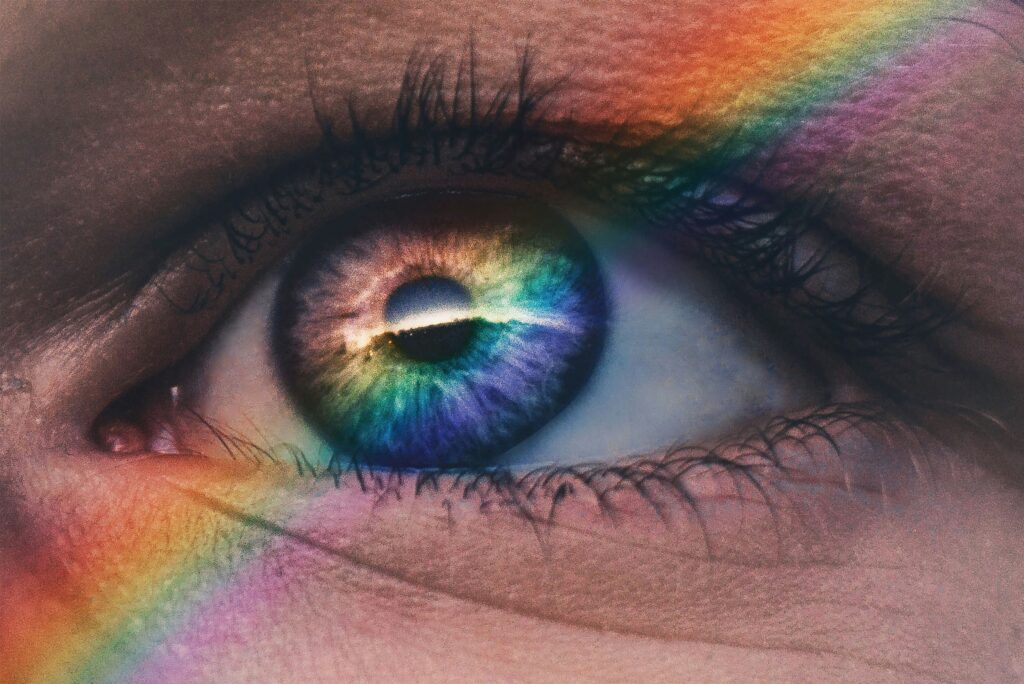Eye Allergies 101
Red, itchy, or swollen eyes could be a sign of eye allergies, also known as allergic conjunctivitis. These uncomfortable symptoms can make even the sunniest day miserable—and depending on the cause of your allergies, relief may not be found indoors either.
Fortunately, there are ways to pinpoint the causes of your eye allergies and manage the symptoms effectively. Read on to learn more about what triggers eye allergies and how to alleviate them.
Should You Worry About Eye Allergies?
While red, watery eyes can be alarming, allergies are usually not dangerous. Unlike conditions such as pink eye, allergies rarely cause permanent vision damage. Instead, they are more of an annoyance, causing temporary blurriness or discomfort.
Signs of Eye Allergies
Common symptoms of allergic conjunctivitis include:
- Redness
- Burning or itching
- Watery, clear discharge
These symptoms may overlap with those of pink eye (infectious conjunctivitis), but allergies are typically accompanied by other allergy-related symptoms, such as sneezing, coughing, or wheezing.
When to See Your Optometrist
If you experience additional symptoms such as swollen eyelids, light sensitivity, encrusted eyelids, or a constant gritty sensation, it may be a sign of pink eye rather than allergies. Consult your optometrist as soon as possible to determine the cause and receive appropriate treatment.
Where Do Eye Allergies Come From?
Eye allergies occur when your body reacts to an irritating substance (allergen). This triggers the release of histamine, which causes swelling, redness, and itching in the conjunctiva (the clear membrane covering your eye).
Common Allergens
- Perennial Allergens: These occur year-round and are often linked to indoor irritants like pet hair, mould, and dust.
- Seasonal Allergens: These are related to specific times of the year, typically caused by pollen from trees, grasses, or weeds.
- Eye Products: Some people may experience one-time allergic reactions to certain contact solutions, eye drops, or makeup. Discontinue use of new products if irritation occurs and consult your optometrist for alternatives.
How Can You Control Allergy Symptoms?
Unmanaged allergy symptoms can worsen over time, making them more difficult to treat. Follow these steps to reduce symptoms and protect your eyes:
Seasonal Allergic Conjunctivitis
- Monitor Pollen Counts: Check local pollen reports before heading outside, especially in the morning or early evening when counts are highest.
- Limit Outdoor Exposure: Stay indoors on high-pollen days, close windows, and use air conditioning instead of fans.
- Protect Your Eyes: Wear sunglasses—preferably wrap-around styles—to block pollen. Avoid wearing contact lenses outdoors, as they can trap pollen against your eyes.
Perennial Allergic Conjunctivitis
- Keep Your Home Clean:
- Vacuum regularly using a HEPA-filter vacuum.
- Wash bedding frequently and use allergen-reducing pillow covers.
- Replace carpets with hard flooring if possible.
- Mop with a wet cloth instead of sweeping to trap and remove dust.
- Control Mould Growth:
- Address water damage promptly.
- Clean humid areas like bathrooms and kitchens frequently.
- Use a dehumidifier to maintain low indoor humidity levels.
Medications and Eye Drops
Always consult your optometrist before starting any medication. Options include:
- Over-the-Counter Antihistamines: These can relieve mild symptoms.
- Prescription Eye Drops: Your optometrist can recommend drops that treat eye allergies effectively without unwanted side effects.
What Should You Do Next?
Now that you understand the causes of eye allergies and how to manage them, you can take steps to protect your eye health. If you have any questions or need personalized advice, schedule an appointment with your optometrist. They can recommend tailored solutions to help you manage your allergies and enjoy clearer, more comfortable vision.




